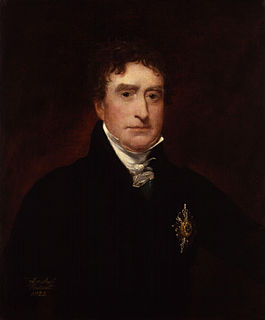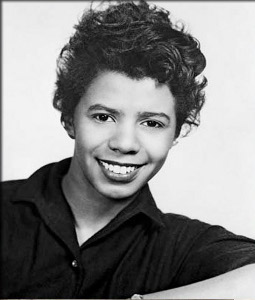A Quote by Zhuangzi
My description of wisdom has nothing to do with benevolence and righteousness, it is to do with being wise in one's own virtue, nothing more. My description of being has nothing to do with benevolence and righteousness, it is that one should be led by one's innate nature, nothing more.
Quote Topics
Related Quotes
No more painters, no more scribblers, no more musicians, no more sculptors, no more religions, no more royalists, no more radicals, no more imperialists, no more anarchists, no more socialists, no more communists, no more proletariat, no more democrats, no more republicans, no more bourgeois, no more aristocrats, no more arms, no more police, no more nations, an end at last to all this stupidity, nothing left, nothing at all, nothing, nothing.
Again: there is nothing inherently superior about resistance. All our claims for the righteousness of resistance rest on the rightness of the claim that the resisters are acting in the name of justice. And the justice of the cause does not depend on, and is not enhanced by, the virtue of those who make the assertion. It depends first and last on the truth of a description of a state of affairs that is, truly, unjust and unnecessary.
Surely nothing is more reproachful to a being endowed with reason, than to resign its powers to the influence of the air, and live in dependence on the weather and the wind, for the only blessings which nature has put into our power, tranquillity and benevolence. To look up to the sky for the nutriment of our bodies, is the condition of nature; to call upon the sun for peace and gaiety, or deprecate the clouds lest sorrow should overwhelm us, is the cowardice of idleness, and the idolatry of folly.
In the world it is called Tolerance, but in hell it is called Despair...the sin that believes in nothing, cares for nothing, seeks to know nothing, interferes with nothing, enjoys nothing, hates nothing, finds purpose in nothing, lives for nothing, and remains alive because there is nothing for which it will die.
It’s a gift to joyfully recognize and accept our own smallness and ordinariness. Then you are free with nothing to live up to, nothing to prove, and nothing to protect. Such freedom is my best description of Christian maturity, because once you know that your “I” is great and one with God, you can ironically be quite content with a small and ordinary “I.” No grandstanding is necessary. Any question of your own importance or dignity has already been resolved once and for all and forever.





































